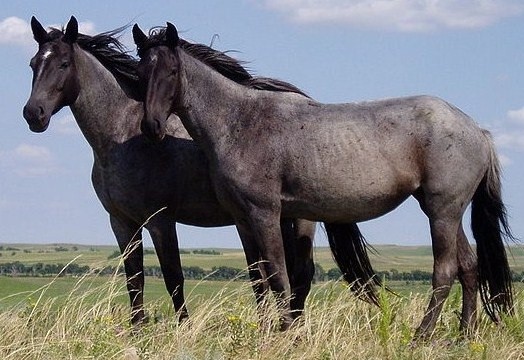
I found the following story amusing (from an insurance perspective), and thought you might, too.
In the Western United States, there are approximately 85,000 wild horses roaming the wide open spaces. Ranchers have long wanted the mustangs removed, and the government has been footing the bill to maintain the herds, which have grown too large for the natural food supply. The state of Nevada is in constant negotiations with the U.S. government over how much the maintenance costs are, and what can be done about the ever-increasing population.
Recently, Nevada officials attempted to give away the horses to anyone who may wish to have one – with restrictions on what the horse will be used for (i.e. No you can’t buy hundreds for slaughter, to be put into pet food). They had zero takers. The Trump administration has suggested the horses can be sold to whomever is interested, but again, this poses risks that they will be sold to foreign (or otherwise) corporations intent on selling the meat for human consumption (horsemeat is a delicacy in some countries, including Italy), or as an ingredient in other foods. The most recent proposal is that the state PAY people to adopt the horses – $1,000 per horse.
One excellent idea, presented by the organization American Wild Horse Campaign, was that the horses should be sterilized so they can no longer breed and reproduce, thus causing the population to grow smaller over time. However, this plan was scrapped because….. wait for it… they could not find an insurance company willing to insure the risk of sedating and sterilizing the horses. Surely there is a company willing to insure this endeavor – we have insurance for all kinds of crazy, and much more dangerous occurrences in life.
My suggestion to the Wild Horse Campaign is to keep asking. Lloyd’s of London is famous for taking on unique risks, like the body parts of celebrities. Berkshire Hathaway has also taken on some risks that no other insurer would touch. Or, maybe the State of Nevada can help reach a compromise by arranging coverage through the state’s Surplus Lines coverages? Sure, this is an unusual usage for Surplus Lines coverage, but that’s what Surplus Lines was created for – the risks no insurance company would touch! Not even if wild horses are dragging them to it.